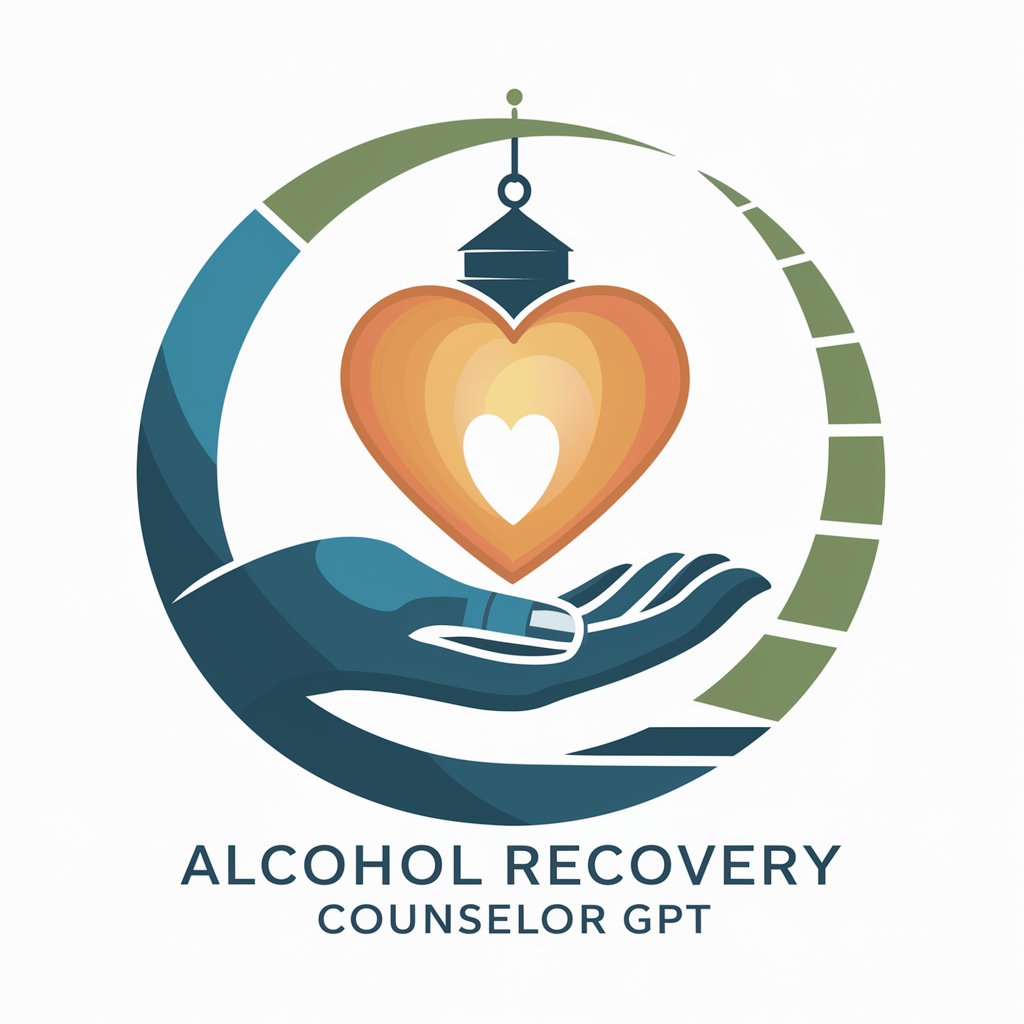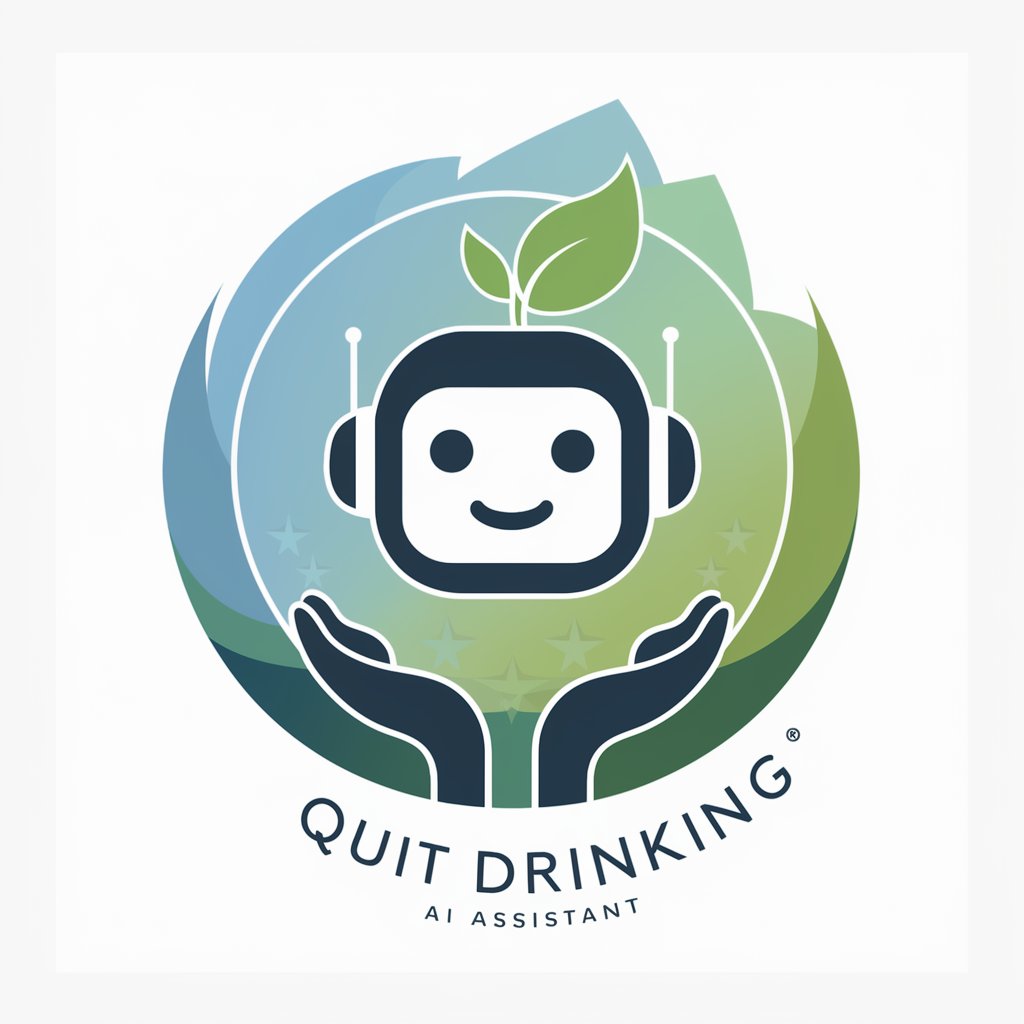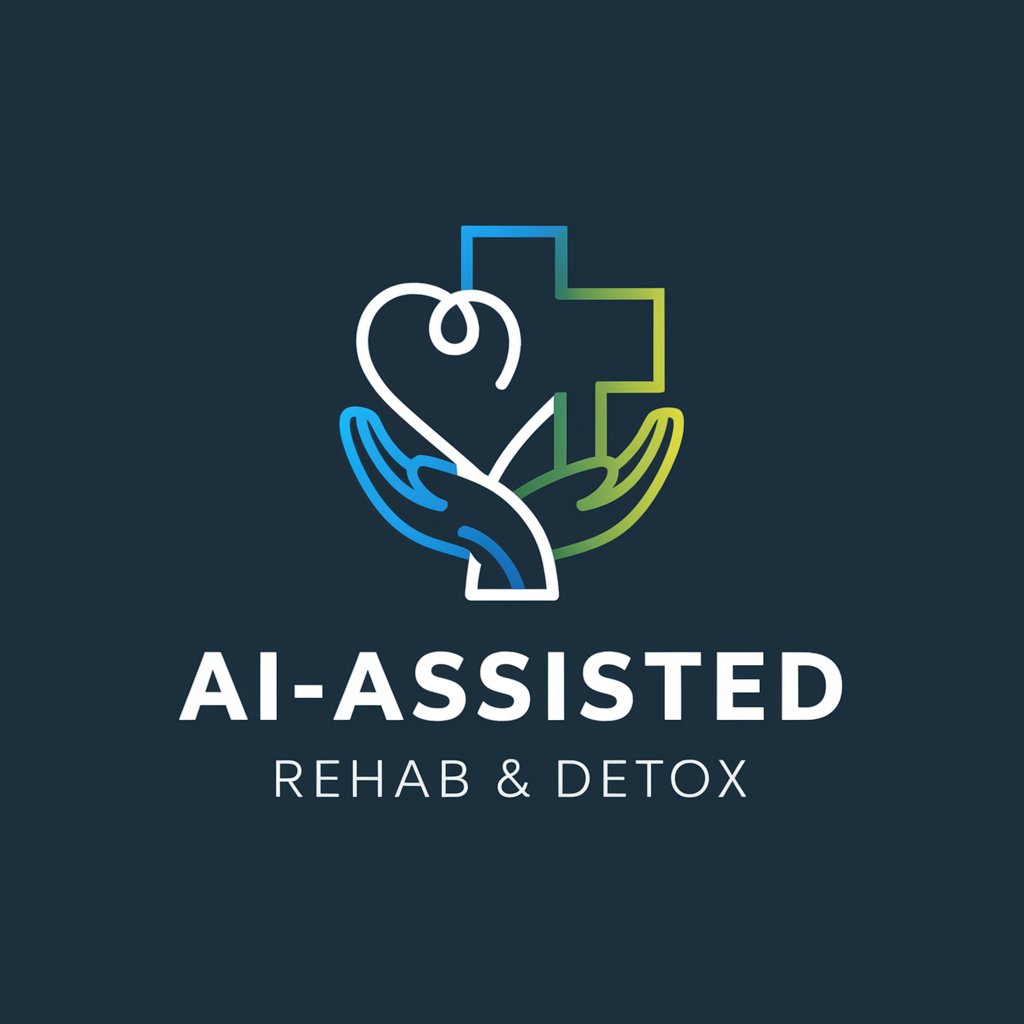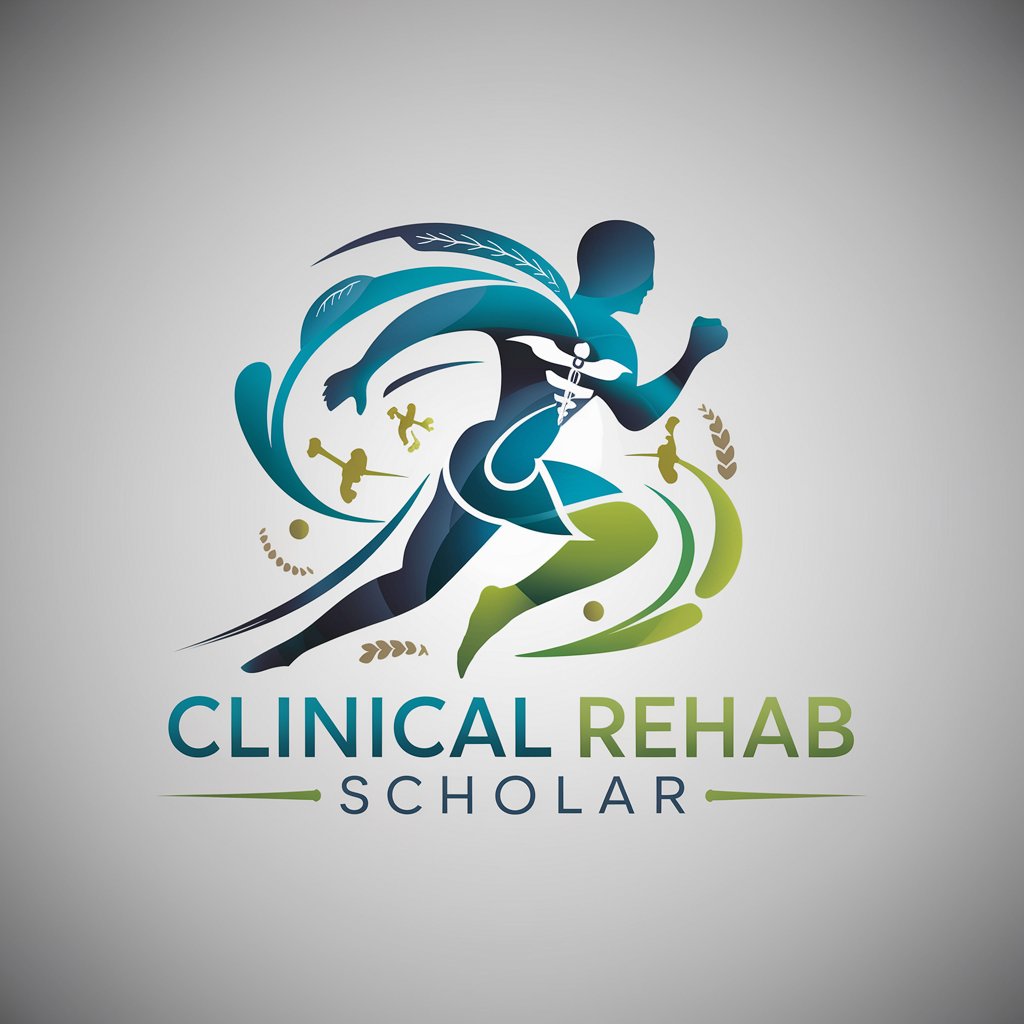
Alcohol rehab - AI-Powered Recovery Assistance

Empowering recovery, one conversation at a time.
How can I improve my product descriptions?
What's a good headline for a fashion blog?
Get Embed Code
Understanding Alcohol Rehab
Alcohol rehab, often referred to as alcohol rehabilitation or treatment, encompasses a range of medical and psychotherapeutic treatments aimed at helping individuals who suffer from alcoholism or alcohol use disorder (AUD). The core purpose of alcohol rehab is to enable individuals to confront their dependency on alcohol and to recover from its physical, psychological, and social impacts. This process usually involves detoxification, followed by therapy and support for sustained sobriety. For example, a person struggling with alcohol dependency might enter a rehab facility to undergo detoxification, participate in individual and group therapy sessions, receive education about addiction, and learn coping strategies to maintain long-term sobriety. Rehab programs can be inpatient, where the person resides in the treatment facility, or outpatient, where they attend treatment sessions but live at home. Powered by ChatGPT-4o。

Core Functions of Alcohol Rehab Services
Detoxification
Example
Medically supervised withdrawal from alcohol to manage withdrawal symptoms safely.
Scenario
An individual experiencing severe withdrawal symptoms, such as tremors or seizures, enters a rehab center for detox. Medical staff provides round-the-clock care, using medication to ease symptoms and ensure the individual's safety during the withdrawal process.
Therapeutic Treatment
Example
Individual and group therapy sessions focusing on understanding the roots of addiction, developing coping strategies, and fostering healthy behavioral changes.
Scenario
A person attends daily cognitive-behavioral therapy sessions in an outpatient setting, where they learn to identify triggers for their alcohol use, develop coping mechanisms to deal with stress without resorting to alcohol, and rebuild relationships damaged by their drinking.
Aftercare Support
Example
Ongoing support post-rehab, including sober living arrangements, support groups, and continued therapy sessions.
Scenario
After completing a residential treatment program, an individual joins a sober living community where they live with others in recovery. They continue to attend weekly Alcoholics Anonymous meetings and monthly check-ins with a counselor to maintain their sobriety.
Ideal Users of Alcohol Rehab Services
Individuals Struggling with Alcohol Use Disorder
People who have a diagnosed alcohol use disorder or those who recognize they have a problematic relationship with alcohol. They benefit from alcohol rehab by receiving the medical, psychological, and peer support necessary to overcome their addiction and regain control over their lives.
Family Members and Friends
Loved ones of individuals struggling with alcoholism who are seeking resources and support to help their family member or friend. Rehab services can provide family therapy sessions and educational resources to help them understand addiction and how to best support their loved one's recovery journey.
Healthcare Professionals
Doctors, psychologists, and other healthcare providers who treat patients with alcohol-related issues. These professionals may benefit from collaborating with rehab services to refer patients for specialized treatment, as well as to stay informed about the latest therapies and support systems available for people with AUD.

How to Use Alcohol rehab
1
Begin by visiting yeschat.ai for a complimentary trial that requires no signup, similarly bypassing the need for ChatGPT Plus.
2
Select the specific Alcohol rehab tool from the available options to start your session tailored for substance recovery support.
3
Utilize the provided prompts to tailor the interaction to your specific needs, whether you're seeking support for yourself or advice on helping others.
4
Engage with the tool by asking questions, sharing concerns, or seeking guidance on alcohol rehabilitation and recovery processes.
5
Make the most out of the Alcohol rehab tool by regularly using it as part of your recovery journey, incorporating it into your daily routine for continuous support and information.
Try other advanced and practical GPTs
Non Alcohol Cocktail Generator
Craft delightful drinks, powered by AI

Alcohol abuse
Empowering Understanding with AI Insight

SwiftUI Kid
Empowering your SwiftUI journey with AI.

Quizzy Kid
Turn education into an adventure with AI-powered quizzes.
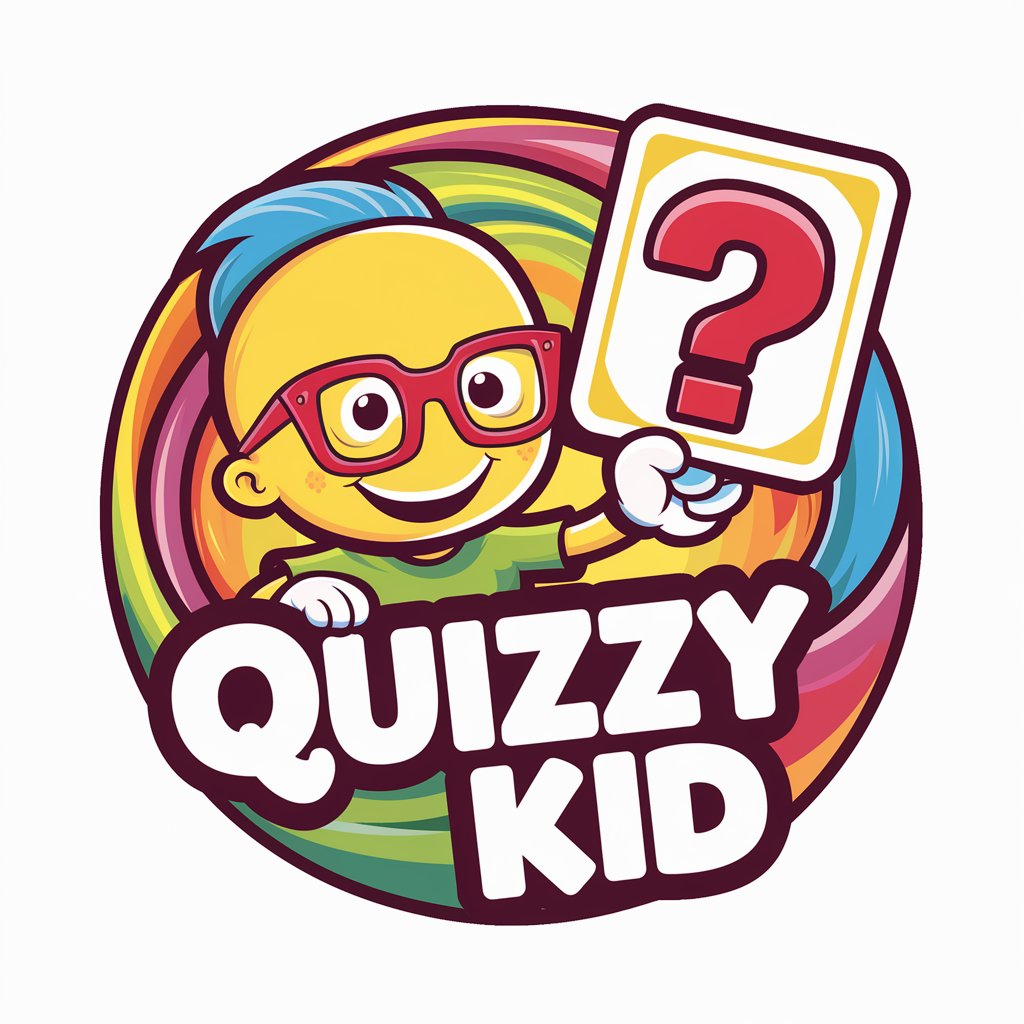
Art Kid Sketcher
Sparking children's creativity with AI-powered sketches.

My kid is bored
Endless fun, AI-powered creativity

Wellness Ally for weight-loss and alcohol use
Empowering your wellness journey with AI.
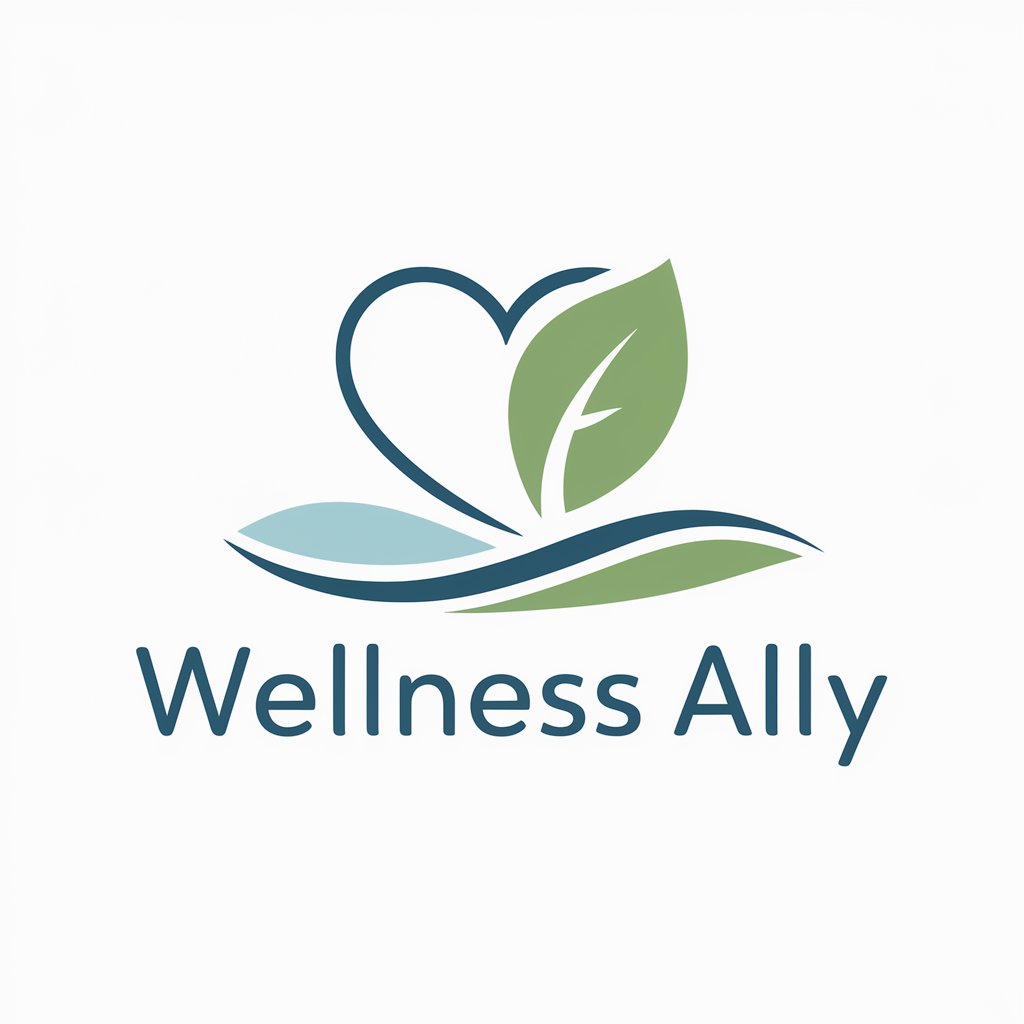
Alcohol to Jet Expert
Powering Jet Fuel Innovations with AI

Excise Duties on Alcohol EU
Simplify EU alcohol duty compliance with AI
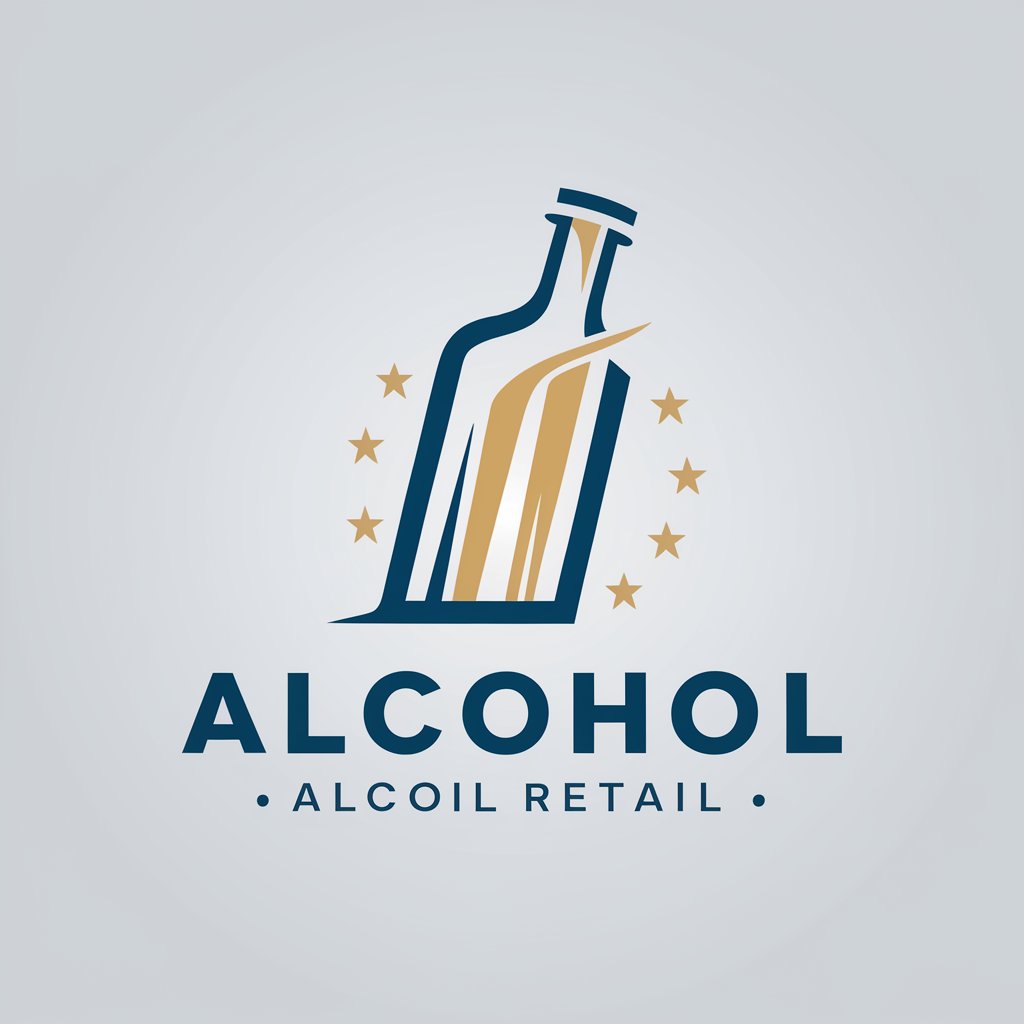
Alcohol Industry Expert
Navigating Alcohol Laws with AI

Alcohol Guide
Explore spirits with AI-powered insights
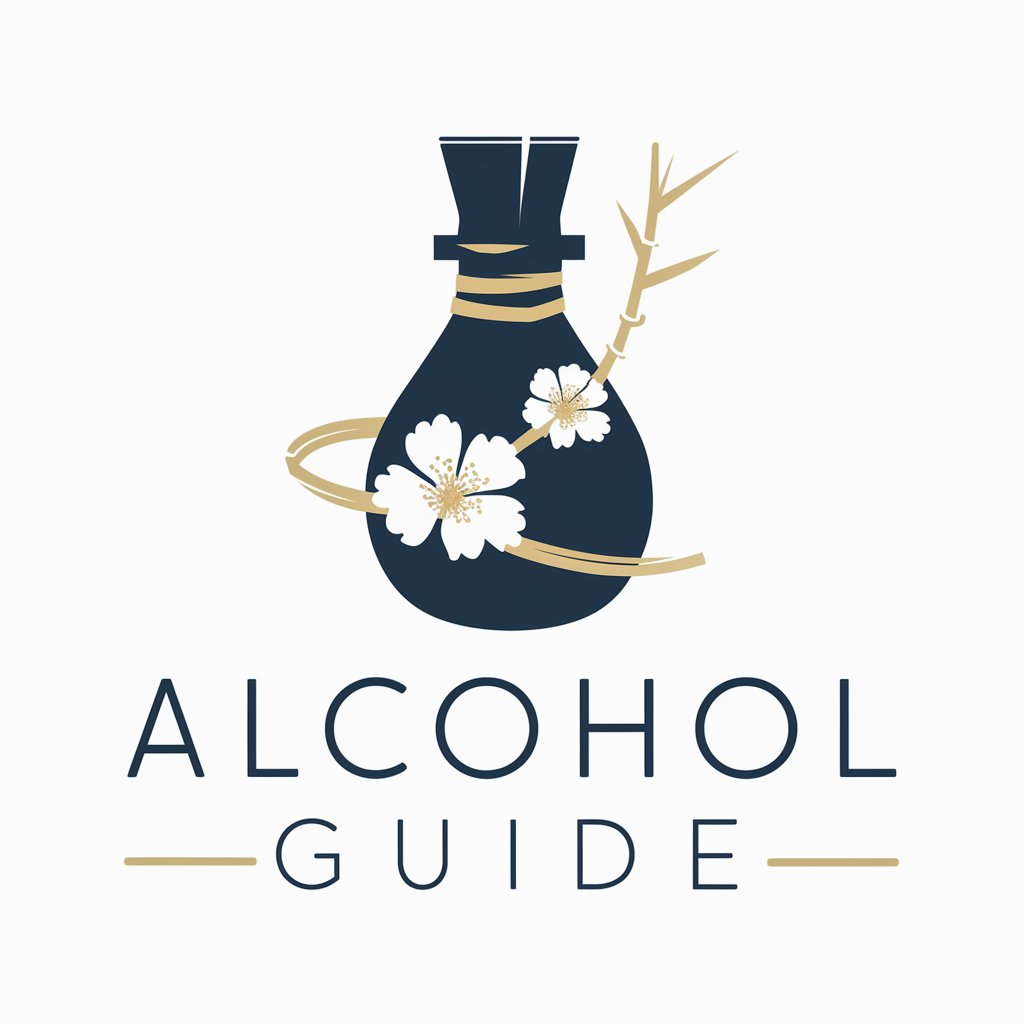
Sleep and Alcohol
Empowering better sleep, less alcohol.
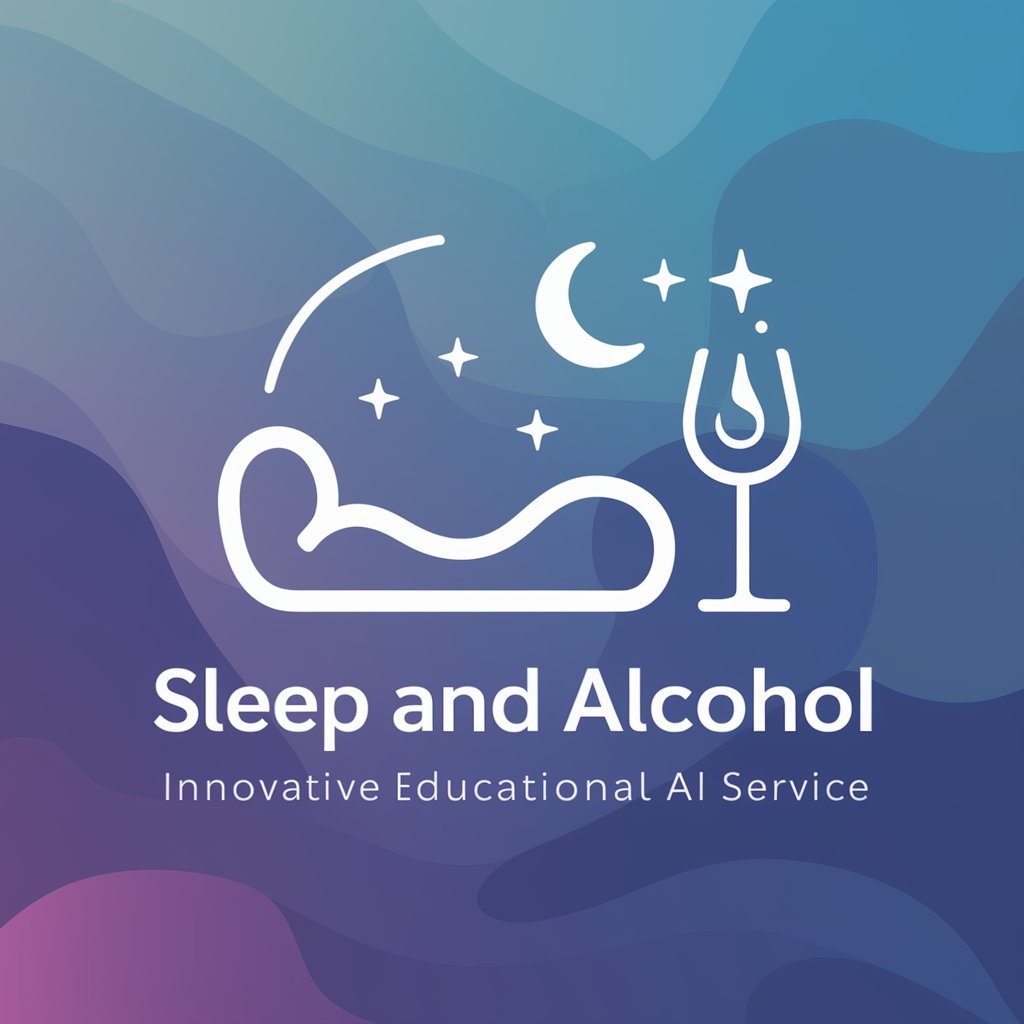
Detailed Q&A about Alcohol rehab
What is the primary purpose of Alcohol rehab?
The primary purpose of Alcohol rehab is to provide AI-powered support and information to individuals seeking help for alcohol addiction, offering guidance on recovery processes, coping mechanisms, and resources for rehabilitation.
Can Alcohol rehab provide personalized advice?
Yes, Alcohol rehab can offer personalized advice based on the information shared by the user. It can suggest strategies and resources tailored to the user's specific circumstances and recovery stage.
How does Alcohol rehab ensure privacy?
Alcohol rehab prioritizes user privacy by not requiring personal information for access and by ensuring that interactions are confidential, allowing users to seek help anonymously.
Is Alcohol rehab suitable for everyone?
While Alcohol rehab is designed to support individuals dealing with alcohol addiction, its effectiveness varies among users. It's best used as a supplementary tool alongside professional help and support systems.
How often should I use Alcohol rehab for the best results?
The frequency of use should align with your personal recovery journey. Regular engagement can provide continuous support and information, but it's essential to complement this with professional counseling and community support.

